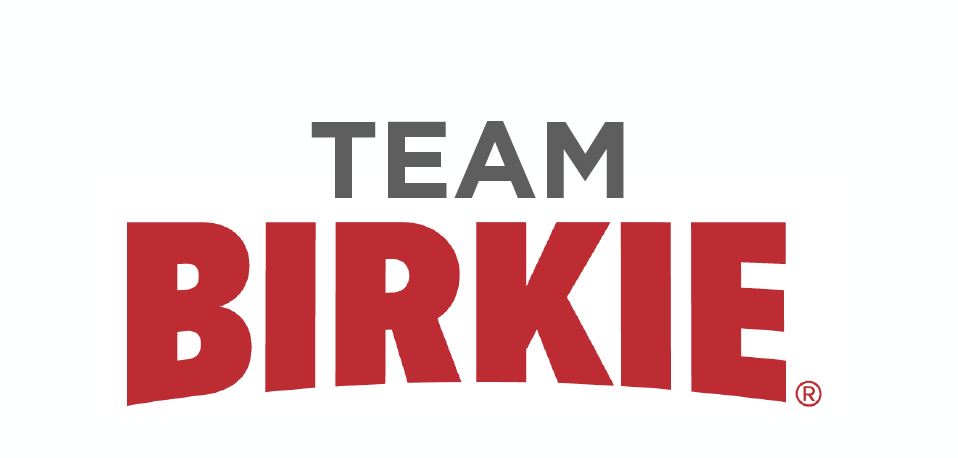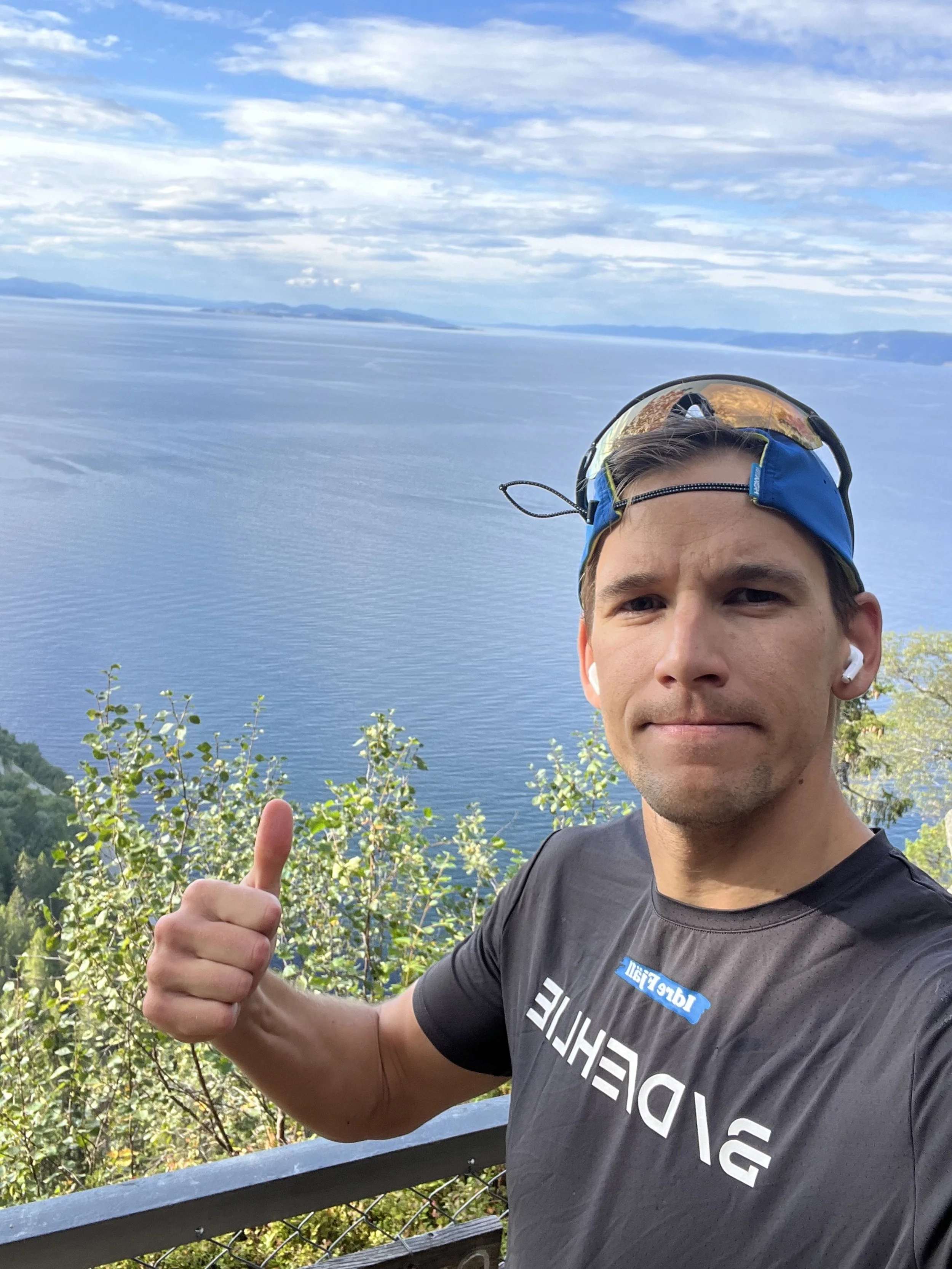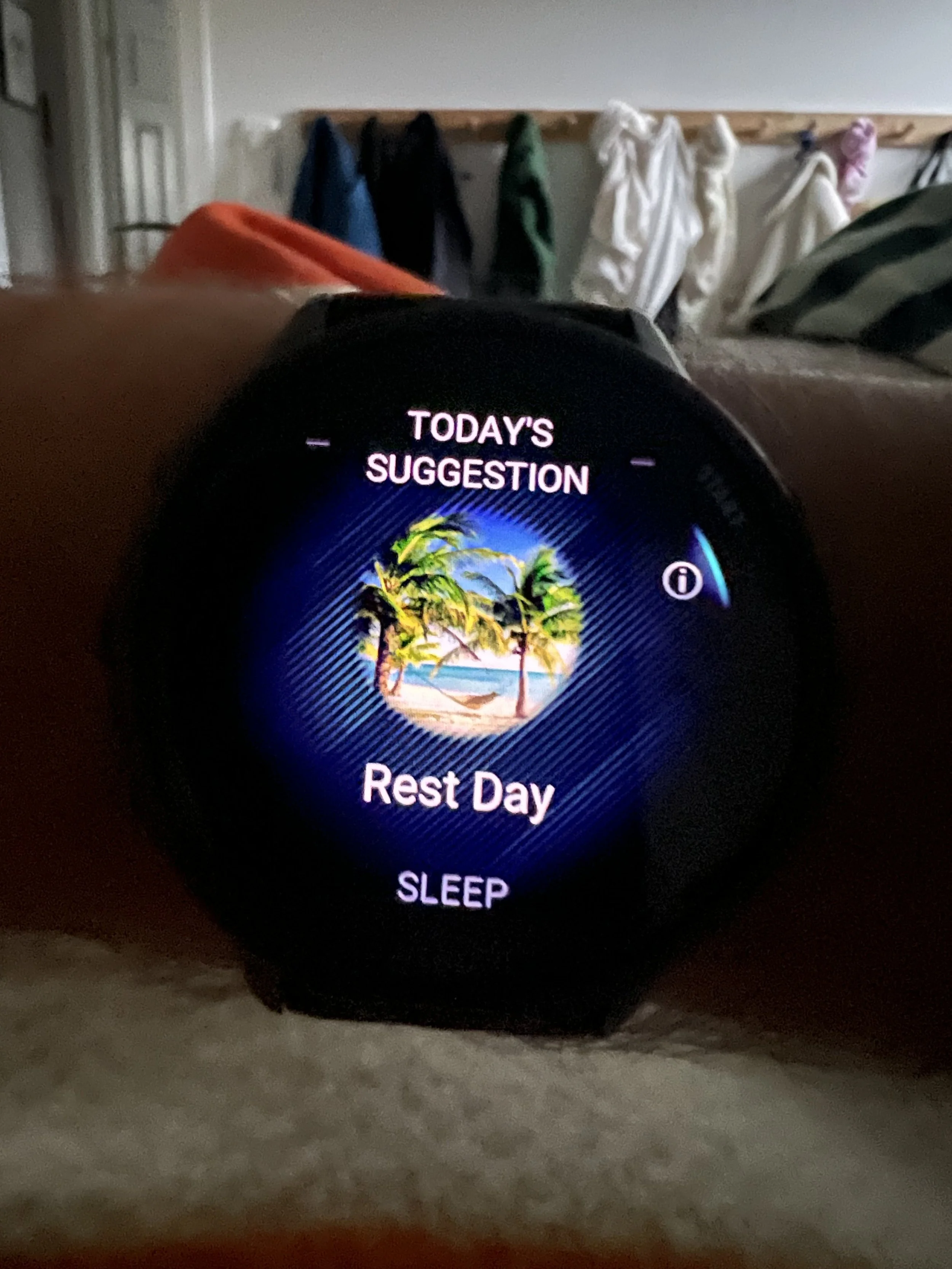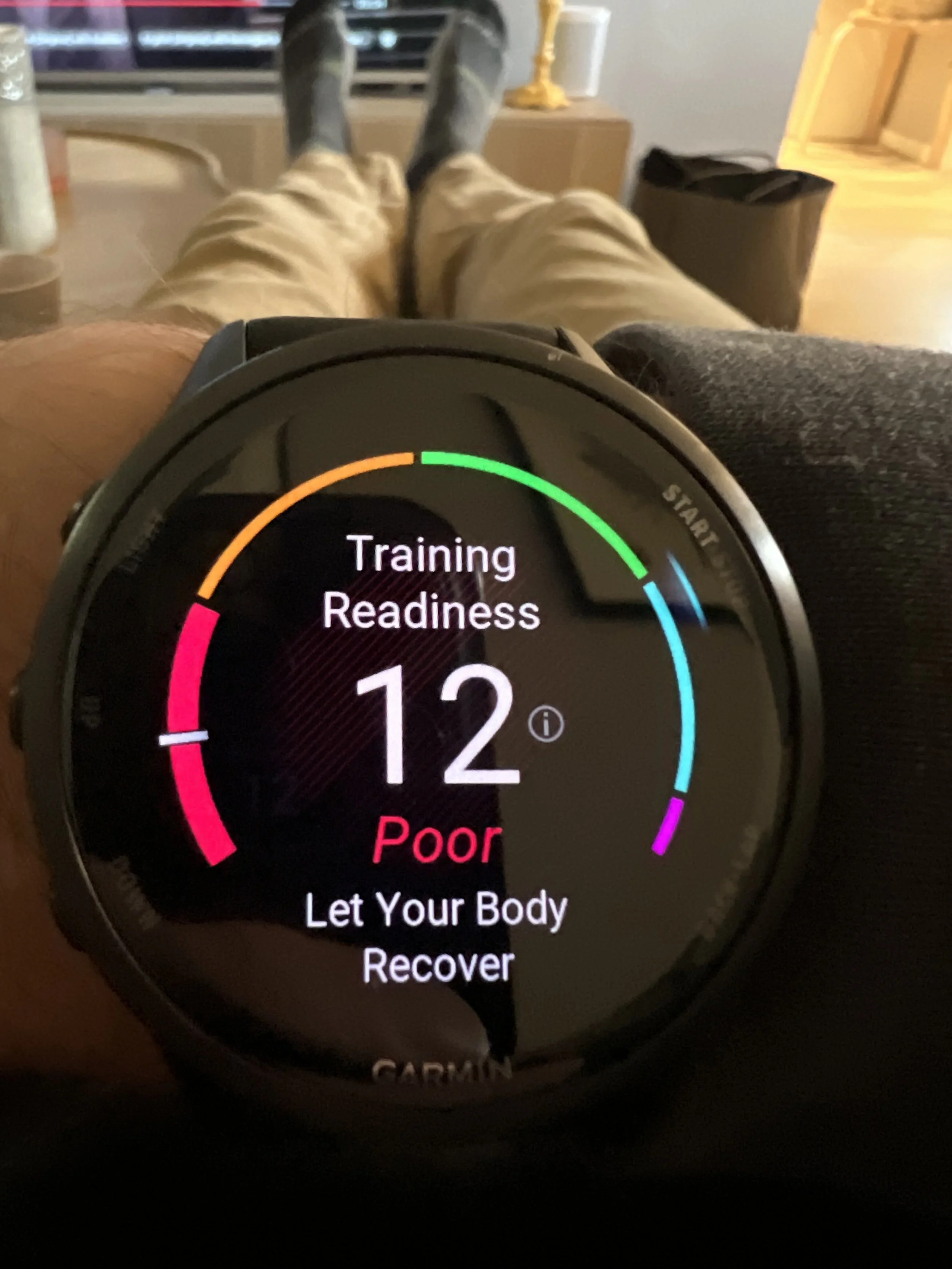Sickness Season- No Stress
We’ve all been working hard since May 1st, slowly inching closer to the season. The training volume is dropping, the intensity is increasing, and the season is just around the corner. All the hard work is starting to come together — the body’s feeling good, and you’re getting pumped for winter.
The temps are dropping, it’s getting darker out — all signs that winter is coming. But it also brings on another lingering thought in the back of every skier’s mind: the dreaded fall sickness. Whether it’s a cold, the flu, COVID… or even the most painful sickness of all — the man cold — nothing feels worse than waking up with that little tickle in the back of your throat.
If you’re like me, you lay there trying to convince yourself it’s not real — that you just need to wake up, drink some coffee, eat breakfast, and it’ll go away. But 9 times out of 10, you’re sick. I’ve come to the conclusion that it’s better to just accept it and move on rather than stress and think the season is over. Because let me tell you — getting sick isn’t so bad!
For me, sickness is one of two things:
Your body is drained from training — you didn’t recognize it early enough, so you kept training, wore yourself down, and weakened your immune system. Boom — you’re horizontal for 7–10 days.
You just get unlucky — you catch a cold, flu, or COVID. That’s life.
Instead of stressing over being sick, it’s better to accept it, take it as it comes, and do what you need to get healthy again.
My Rule of Thumb:
I break sickness down into a simple formula:
2 days coming – 2 days here – 2 days gone.
It’s just a rough estimate of how my body deals with a cold.
A cold or minor sickness is no big deal as long as you give your body the rest it’s asking for. But where 9 out of 10 people screw up — myself included — is coming back too soon. You return to training 1–2 days early and end up prolonging the sickness from 6–7 days to 10+.
I always think, “If I could train today, I should probably take one more rest day.” Then maybe I’ll try a 45-minute run and see how my heart rate reacts and how the body feels. From there, it’s easy to know what’s next — if that goes well, the next day might be 60 minutes (75 max) and see how it goes- if its trending in the right direction you keep adding until you're back 100%
I also want to stress the importance of sleep and tracking your nightly heart rate. These are great tools to gauge your health. I use an Oura Ring to help with that.
The Race Dilemma:
Of course, there’s the situation where you’re sick and an important race is only two days away. Now you’re stuck in a pickle — looking for a miracle or a Hail Mary effort to get healthy.
My younger self would’ve said, “Send it! Go race — you’ve got nothing to lose!”
My older, smarter self says: WRONG. Don’t race.
Your health is more important. The season is long, and there are always more races to focus on. Now, if it’s the Olympics or World Champs, maybe that’s a different story — but still: don’t race sick. It could cause long-term problems, ruin a season, or even impact your career. Listen to your body, sleep, hydrate, and you’ll be back kicking ass in no time.
Doctor’s Orders:
We’re lucky at Team Birkie to partner with Tamarack Health, working closely with Dr. Katie Eichten and Dr. Jesse Coenen. I talked with Dr. Eichten for her recommendations on how to stay healthy this winter — and I’ll tell you right now, I’m doing everything she says!
Here’s her advice:
Our immune system requires energy to function at its best. Unfortunately, training, traveling, racing, and life stress all draw from that energy. Anything you can do to rest and recover will help keep you from getting sick.
Fueling is crucial to preventing illness. Skiers can decrease their chances of getting sick by making sure they adequately fuel with carbohydrates both before and after training. Athletes who are deficient in carbs get sick more often.
Change out of your workout clothes immediately after training. We can’t always feel how damp our clothes are, but if your body has to use energy to warm and dry itself, that’s less energy available for your immune system.
Sleep! Get as much as possible.
Take Vitamin D, 1,000–2,000 units per day. If you get your vitamin D levels checked, adjust your dose to keep it above 50.
Thanks, Katie!!!
Final Thoughts:
So, when sickness season rolls around, don’t stress. Rest, fuel, hydrate, and sleep. Listen to your body, and you’ll come back stronger — ready to crush it when the snow flies.



